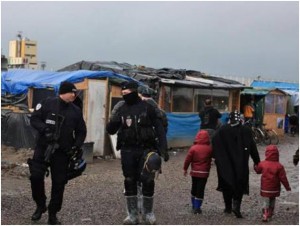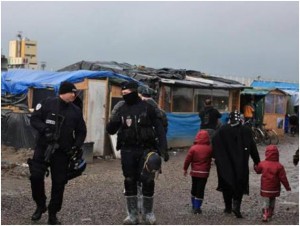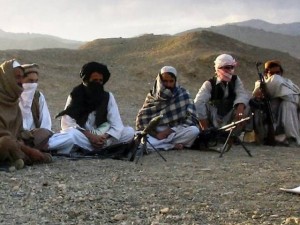 VIENNA , February 24: Austria hosts talks Wednesday with countries along the well-trodden migrant path through the western Balkans to northern Europe, as tighter border controls raise fears of a humanitarian crisis, particularly in Greece.
VIENNA , February 24: Austria hosts talks Wednesday with countries along the well-trodden migrant path through the western Balkans to northern Europe, as tighter border controls raise fears of a humanitarian crisis, particularly in Greece.
But Athens has angrily protested at being excluded from the ministerial meeting in Vienna, underscoring the rifts in Europe over how to tackle the crisis.
The talks come after figures showed that Europe’s migrant headache was continuing to rage, with over 110,000 people arriving in Greece and Italy so far this year alone, following more than one million in 2015.
According to the International Organization for Migration, 31,000 of this year’s arrivals were fleeing the Syrian civil war. A total of 413 people lost their lives on the journey, including 321 on the way to Greece.
The influx has fuelled unease in Europe, boosted populist parties, driven a wedge among many of the 28 members of the European Union and thrown into doubt the continent’s cherished passport-free Schengen Zone that is crucial for commerce.
Amnesty International hit out Wednesday at Europe’s “shameful” response, saying most EU countries had “simply decided that the protection of their borders is more important than the protection of the rights of refugees”.
With all EU attempts so far failing to halt the influx, countries through the western Balkans from Greece, as well as Austria, have begun unilaterally to impose border restrictions.
In the latest such move, Macedonia has closed its frontier to Afghans and introduced more stringent document checks for Syrians and Iraqis seeking to travel to northern and western Europe.
The move caused a bottleneck at the Greek-Macedonian border – where nearly 4,000 people were waiting to get through on Tuesday – and forced Greek police to keep hundreds of others from travelling to the frontier.
On the Greek side, Afghan families boarded nearly a dozen buses for the long trip back to the capital, where they will be temporarily housed in relocation camps, police said.
Skopje said its move followed decisions by countries further up the western Balkan migrant route to turn back groups of Afghans, while Serbia announced a similar stance.-AFP
- Latest
- Trending




